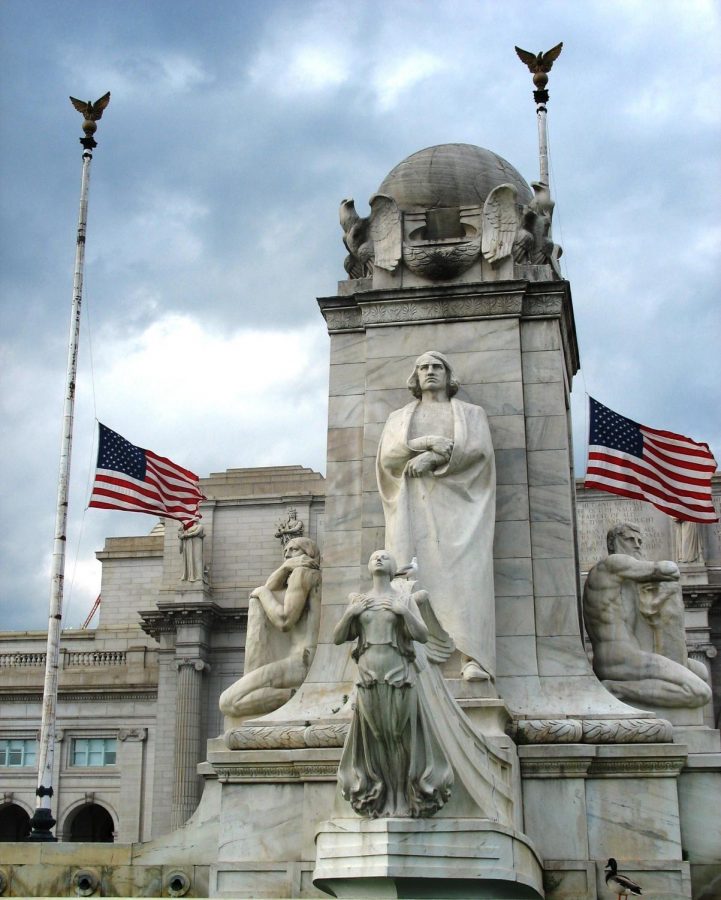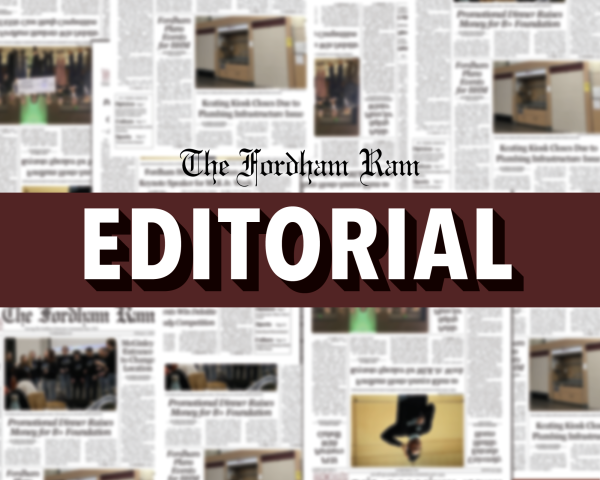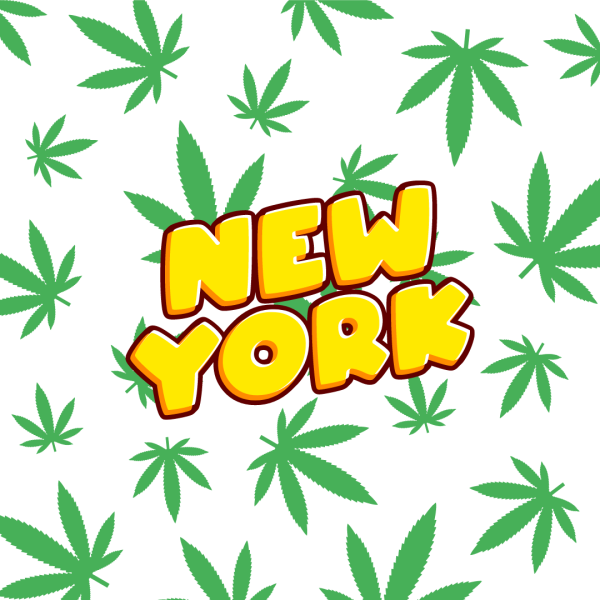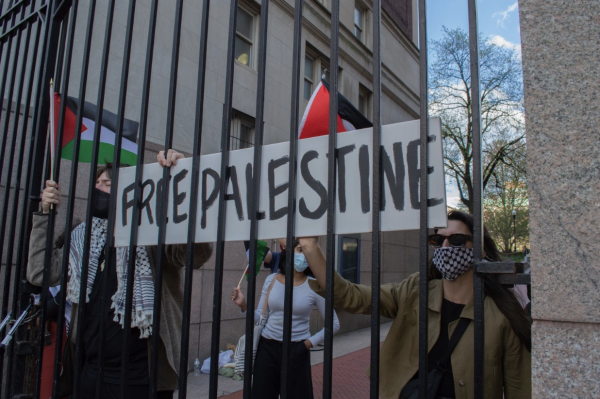Celebrate Columbus’ Voyage and Indigenous Peoples
Each year in recent memory the question has arisen: Should we really celebrate Columbus Day? Many argue that the national holiday is nothing more than a celebration of the mass killings of Native Americans by European colonists beginning with Christopher Columbus’ rediscovery of the American continent — the New World.
The New World was only new to all of us who may trace our lineage back to Europe, but not to the native peoples who inhabited the continent for thousands of years before the arrival of the first Europeans. Those who oppose the celebration of Columbus Day propose the holiday be replaced with a celebration of those who were here before, most often termed “Indigenous Peoples Day.”
Currently, 12 states and the District of Columbia have opted to celebrate Indigenous Peoples Day instead of Columbus Day, and a bill has been proposed to replace Columbus Day on a federal level.
Why must one replace another? May we not be thankful for the contributions of both Christopher Columbus and the myriad Native American cultures that, regrettably, many of our ancestors did indeed commit atrocities against?
Let me give an anecdote from my own experience to, perhaps, give more credence to this question. When I think of Columbus Day, I think of the Niña, Pinta and the Santa María; I think of a fellow from Italy sailing the ocean blue in the year 1492 (a remarkable accomplishment for the time); I think of the foundations being set for the greatest nation the world has ever seen: the United States of America.
Although the sins which our forefathers committed do indeed weigh on my conscience, the positive aspect is foremost in my mind.
This is not to minimize, set aside or ignore the persecution and war against the peoples indigenous to the American continent. When I think of the Native American peoples and cultures, I am indeed saddened.
I think of myriad virtuous and beautiful individual cultures and peoples extinguished and lost to the ages, relegated to a page in the history books or an impoverished reservation.
Being from Texas, where more than 50 Native American nations once resided — the Comanche, Apache, Caddo, Kiowa, Wichita and many more — the ultimate tragedy of the Native American peoples is ever-present in my mind when this issue is discussed.
It is imperative that the culture and history of the indigenous peoples be celebrated, uplifted and, most importantly, never forgotten.
All that I contend is that we may celebrate both.
When I, and many others, celebrate Columbus Day, what is celebrated is not the deaths of so many millions of native people, but the journey to the American continent that would lead the eventual founding of the United States.
I acknowledge the fact that so much of what was done along the way was horrific, but it is the end result for which I give thanks — our great nation. I believe the positive and the negative may be separated, and celebrated and condemned in kind.
I also stress the importance of establishing a holiday to commemorate and celebrate Native American peoples’ culture and history be established. I commend the twelve states which have an Indigenous Peoples Day for establishing this holiday, but I hesitate to say it ought to replace Columbus Day.
To sum it up, I ask, “Why not both?” We must commemorate what was built and what was destroyed, give thanks for that which we can and should and condemn and remember what was lost along the way.
Dane Salmon, FCRH ’21, is a philosophy and economics major from Coppell, Texas.








Mark Dillon • Oct 17, 2019 at 3:23 am
A thoughtful piece. I have two comments. One is that support for replacement is not the work of many but that of a militant influential few. Secondly, some of those who seek replacement are not motiviated by a noble desire to honor those peoples whom DNA evidence shows first emigrated to North America from Asia. Instead expunging Columbus from the ranks of the honored dead is an act of racial and anti-religious bigotry, one perhaps made more zealous for some as DNA and historical evidence has surfaced that Columbus hid own personal heritage .What’s next for this Orwellian gang, changing the name of Columbia University?